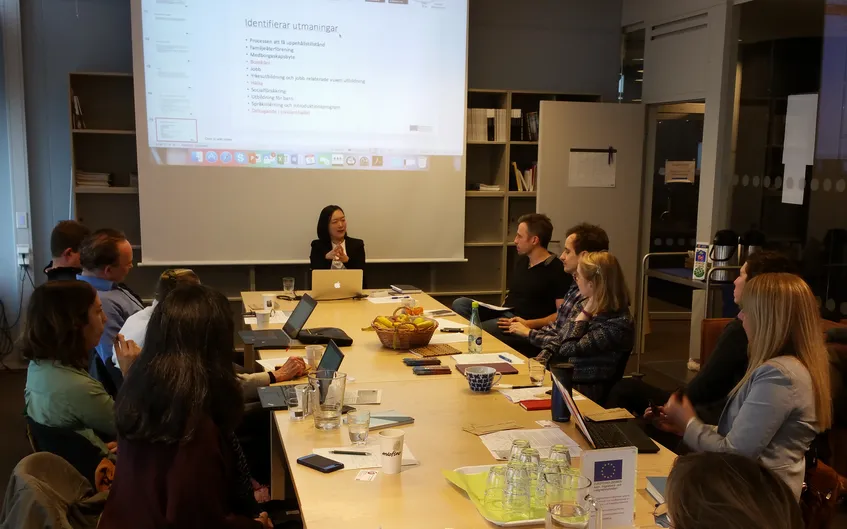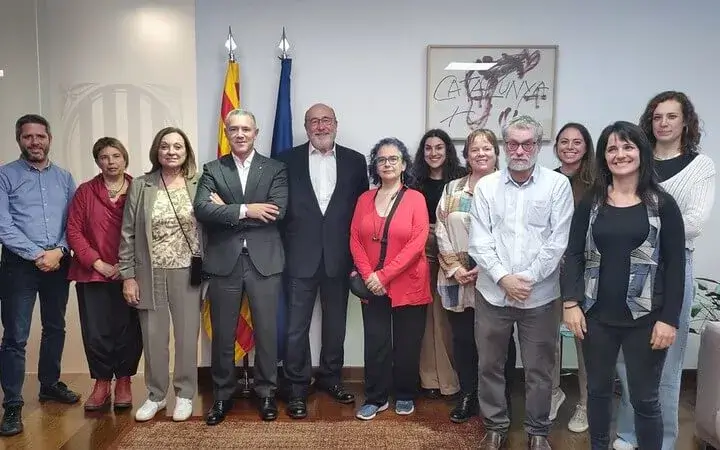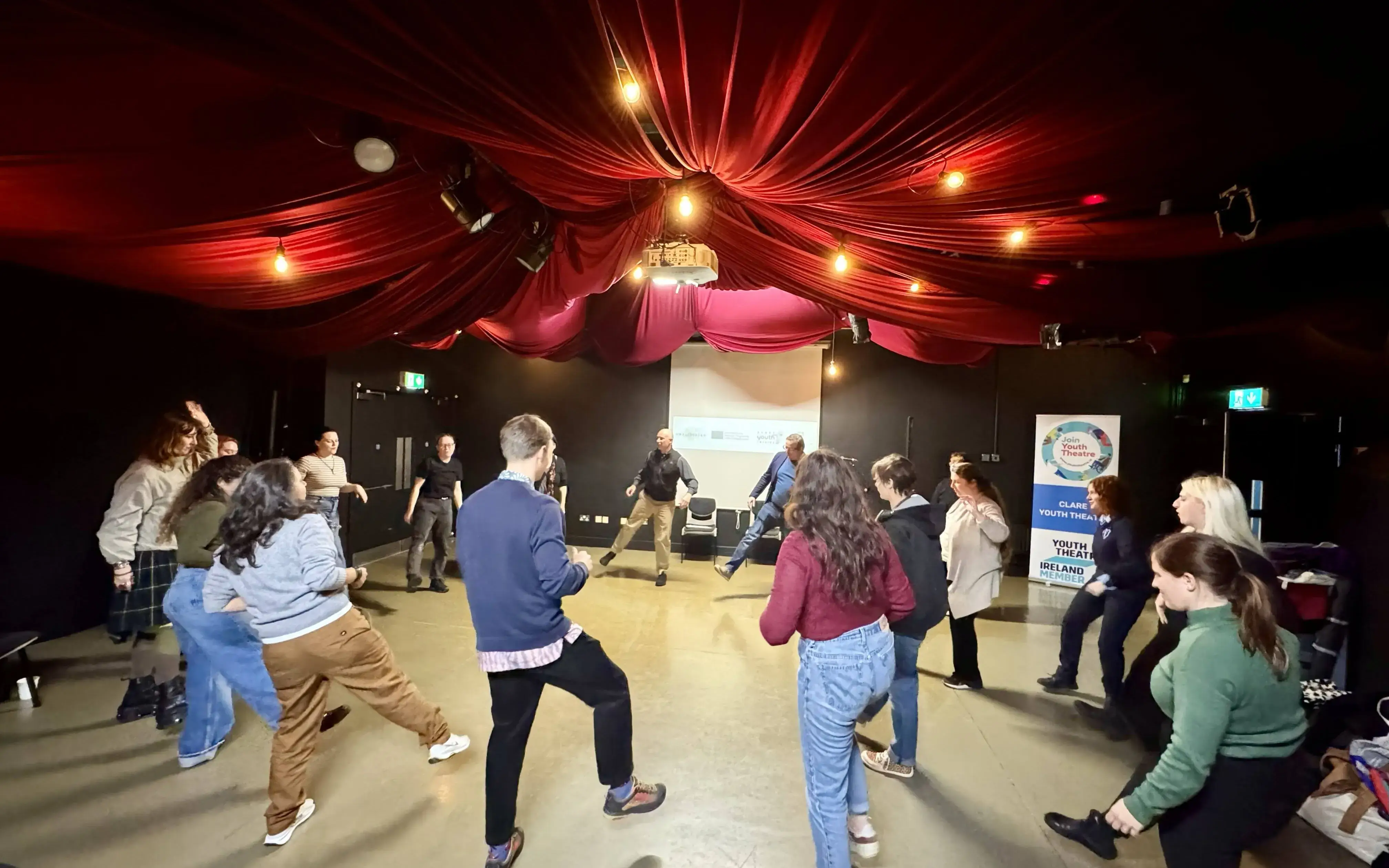The NIEM project aims to improve the integration outcomes of beneficiaries of international protection.
Are EU standards on integration of beneficiaries of international protection well implemented? How are they impacting integration policies? Are policies aimed at beneficiaries of international protection having an impact on successful integration? What are the challenges and good practices, and which policy gaps need to be addressed?
These are the questions seeking an answer within the framework of the National Integration Evaluation Mechanism (NIEM), a six-year project that was launched at the end of 2016, with the participation of actors from 15 European States: France, Spain, Portugal, Czech Republic, Italy, Latvia, Lithuania, Netherlands, Romania, Bulgaria, Sweden, Slovenia and Hungary. The aim of the project is to improve the quality and effectiveness of the integration process of refugees.
The development of the project includes the design and collection of data from 150 indicators on several elements of refugee integration. All the data collected, the analysis made and best practices that are identified will be posted on the web Forintegration.eu.
Also, the plan is to form alliances in each of the participating States with representatives of public institutions, academia, NGOs, migrant organisations and beneficiaries themselves to promote the inclusion of the recommendations made based on the project outcomes, and their follow-up. In addition, an international NIEM coalition involving key European stakeholders will complement the national coalitions and advocate for the improvement of integration policies of beneficiaries of international protection on the EU level.
The project is co-financed by the Asylum, Migration and Integration Fund (European Union). The Migration Policy Group from Belgium is in charge of coordinating the research. The project partners include civil society organisations such as People in Need (Czech Republic), Association Multi Kulti Collective (Bulgaria), The Bulgarian Council on Refugees and Migrants and France Terre d’Asile. There is also the participation of research centres such as the CIDOB - Barcelona Centre for International Affairs (Spain) and The Peace Institute (Slovenia).
UNHCR, the Polish government and the University of Warsaw are strategic partners in this project.







Add new comment